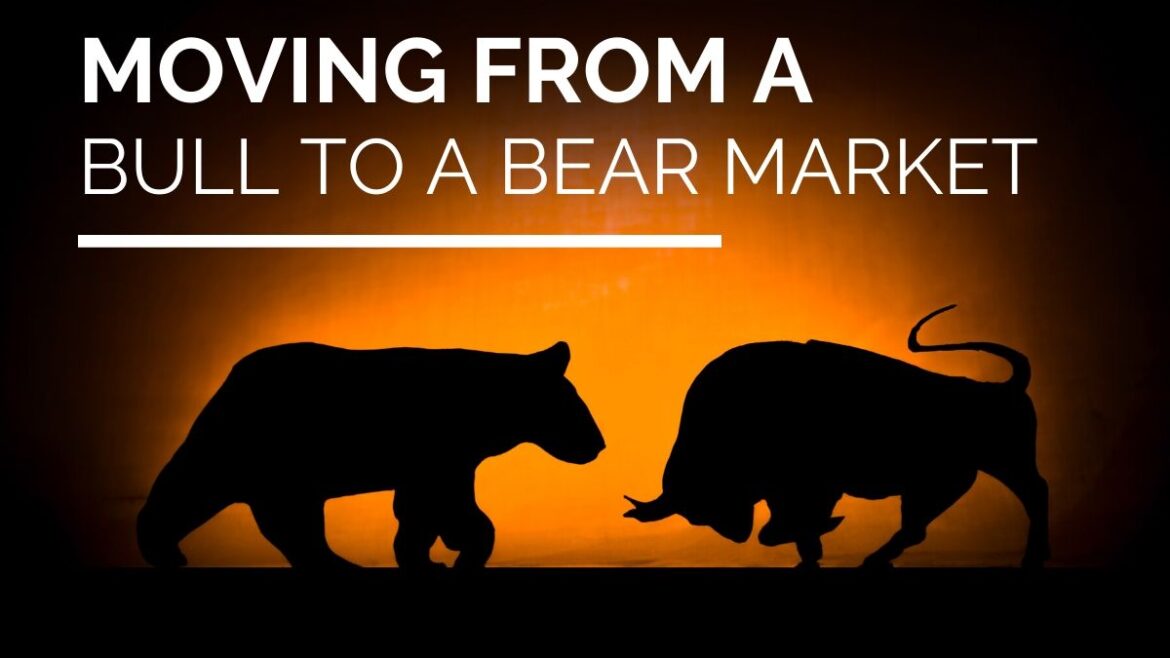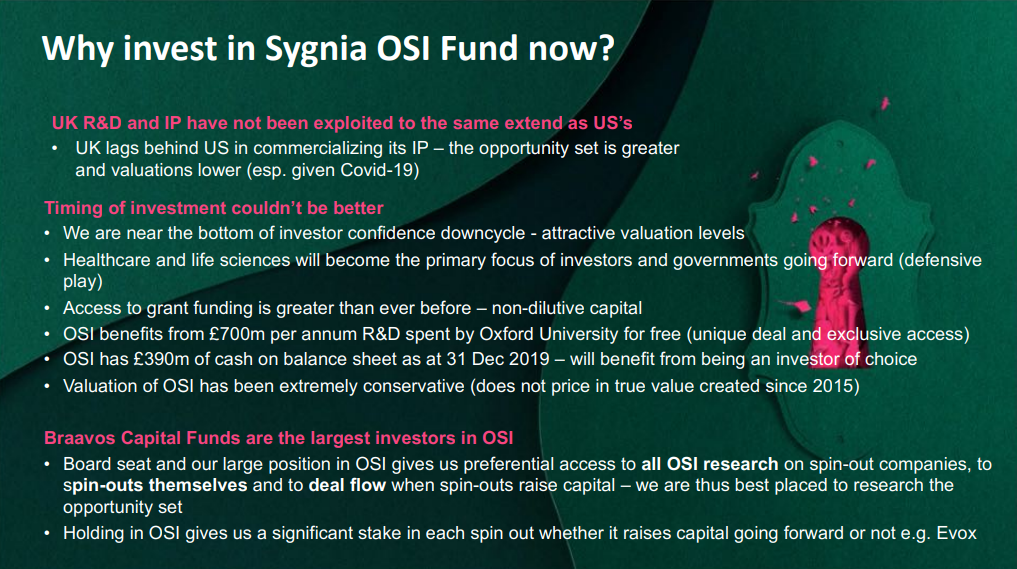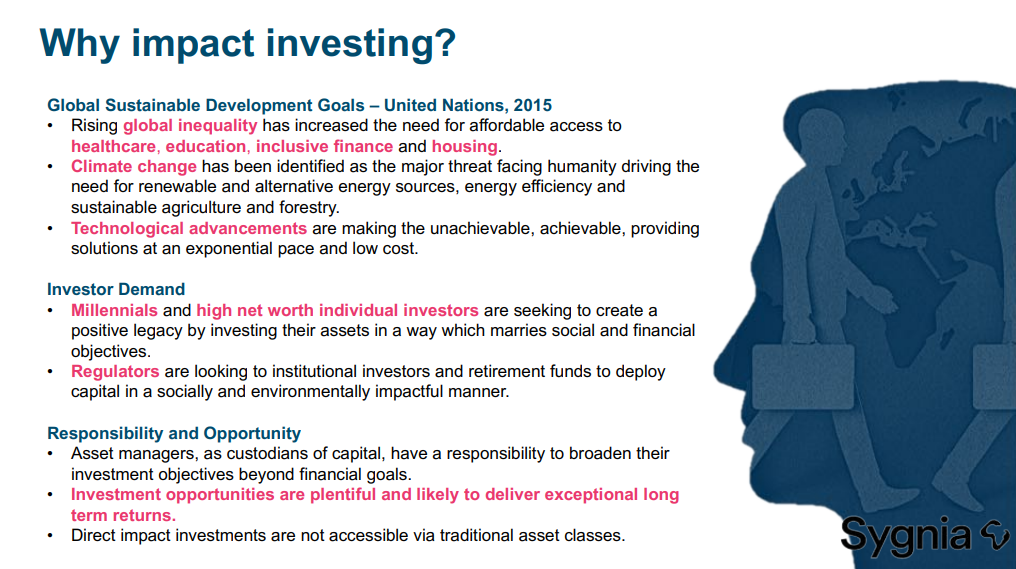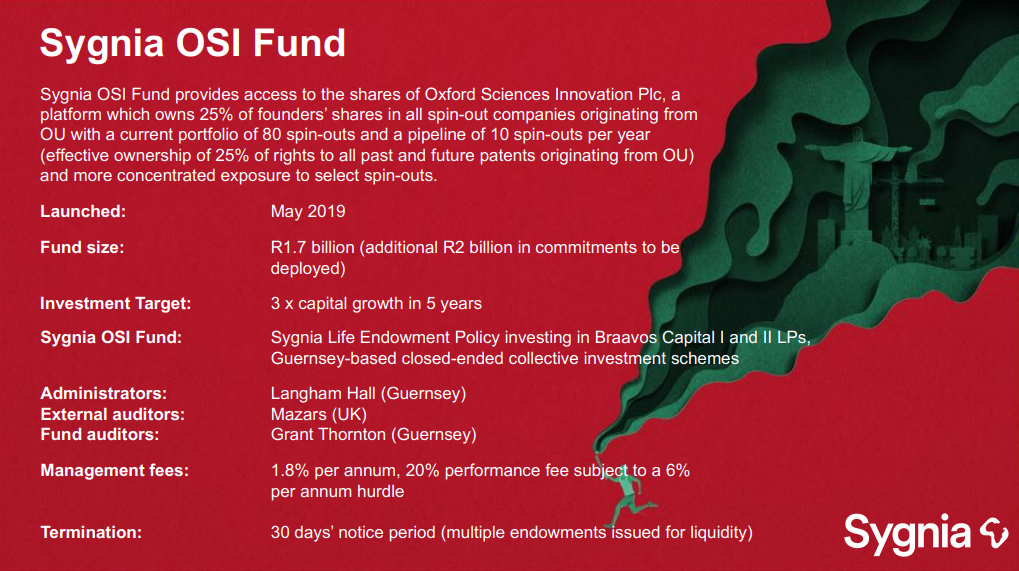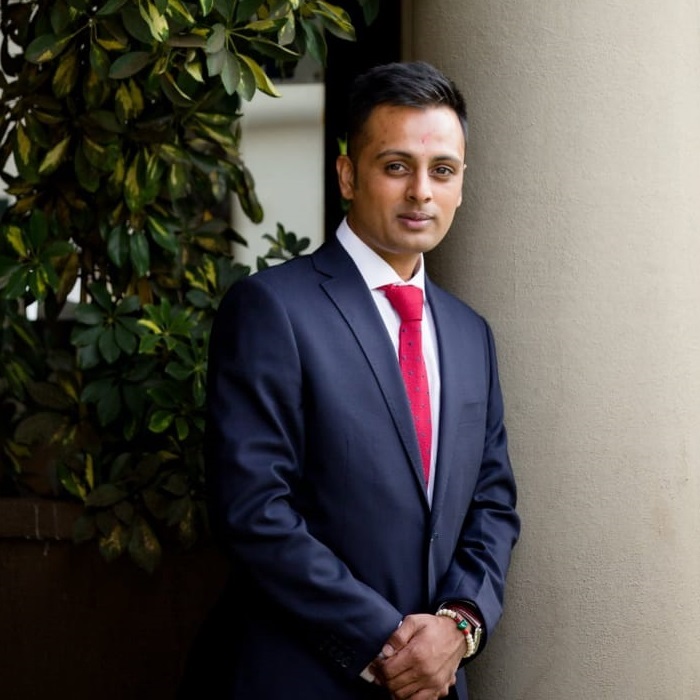Tax Law Changes: Effects On Estate Planning
Within the South African tax sphere, changes are continuously made to ensure fair and balanced taxed households.
Every business owner, employee, and regular individual must be in the know regarding tax laws implemented in South Africa. We at Maysure Financial Services have a firm grasp on estate administration and the relevant tax laws. Keep reading to find out more about changes to tax and the related effects on your estate.
What are the current changes to tax law?

Proposal of exit tax on retirement interests (for now)
You may wonder what ‘exit tax’ means’? In simple terms, it is the tax that is payable (when you leave the country) on either foreign fixed property, trusts, shares, or unit trusts as well as similar investments. All of this forms part of the standard process for emigration.
The proposal of introducing an exit tax was drafted last year but has since been on hold. During this “hold”, no tax will be charged on the assets sold. As a result, now is potentially a good time to move for those looking to leave.
Conversations are still ongoing. as the proposal will be re-examined later this year. Here at Maysure Financial Services, we assist you to prepare for the future of your estate and retirement by planning according to what regulations and legislation are in place.
Use of retirement interest to obtain annuities
In the past, an individual could not acquire annuities upon their retirement. However, now, because of the amendment to the Income Tax Act, individuals can choose from different types of annuities. Retirement annuities are an excellent vehicle of income for retirees.
Estate duty
Estate duty should not be an unfamiliar term. Well, that is if you have written a will and made plans for your estate upon your death.
There are no changes to the tax regarding this particular aspect of estate planning. But, it must be noted once a deceased person’s assets have been filed. This is essential because it is the ultimate duty of the executor to ensure the duty levied on the property of the deceased is paid.
Estate duty is charged on movable or immovable properties/assets of a deceased person. Among other responsibilities, the executor needs to know the value of these assets.
At Maysure Financial Services, we offer estate administration services to ensure everything is distributed according to your final wishes and loved ones’ needs.
Capital and income gains tax

When you pass away, your tax expense doesn’t leave earth with you. SARS has the right to claim what is owed to them before any finalisation of an estate. These include income tax, capital gains tax, donations tax, and any other form of tax that may be applicable.
Capital gains tax refers to a tax that is not separate but forms part of income tax. A capital gain occurs when you dispose of an asset for proceeds that exceed its base cost. This tax is normally for companies, individuals, or trusts.
A resident of South Africa, as stated in the Income Tax Act 58 of 1962, is responsible for capital gain tax on assets that are located both in and outside South Africa.
Whistles a non-resident is responsible for capital gain tax only on immovable property in South Africa or assets of a “permanent establishment” in South Africa.

How all of these tax laws affect your estate
Drafting an estate plan shows your loved ones that you care for them and understand the importance of planning. Tax laws make up an important part of estate planning which may affect your estate in the unfortunate but inevitable event of your death.
In many ill-fated cases, families are left in devastating financial and emotional situations because of hefty tax penalties and red tape. A financial professional can help you to navigate the intricate web of tax regulations and stipulations.
Changes are inevitable. It is how you plan around them that matters.

If you need assistance in understanding Acts and Laws concerning your estate, don’t hesitate to call us.
+27 11 839 2302
Maysure Financial Services is a registered financial services provider. FSP 15173


